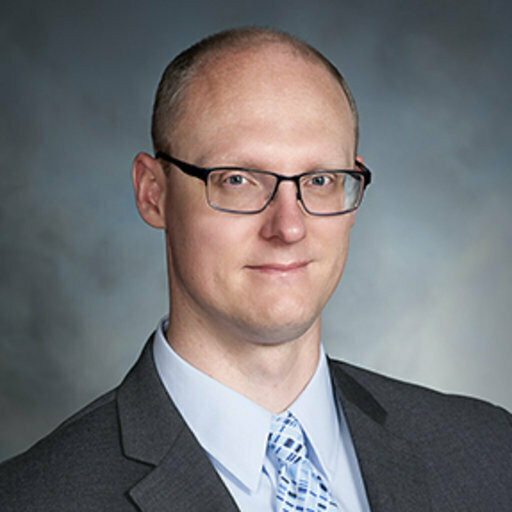
Former Eck Institute for Global Health Fellow, Nicholas Geraci, discusses his current position, plans for the future, and his research as a student at Notre Dame. Geraci completed his PhD under Mary Ann McDowell in the Department of Biological Sciences.
1. Tell us about your area of study. How and when did you first become interested in the field?
During my time at Notre Dame, I worked with Dr. Mary Ann McDowell to study the host response to tropical intracellular parasites of the genus Leishmania. The parasites are transmitted to human hosts via the bite of sandflies and are responsible for a group of diseases known collectively as leishmaniasis, of which there are multiple unique pathologies specific to each species transmitted, including cutaneous (wherein large open wounds appear at the site of infection) and visceral (characterized by potentially fatal enlargements of the spleen and liver) forms. My project was to examine the host response to the parasites at the molecular level, focusing specifically on molecules dubbed microRNAs, which play integral roles in up- or down-regulating critical gene products that contribute to successful or detrimental immune system activities. I became interested in the subject years before while learning about the insects responsible for transmitting the pathogens, how the parasites very smartly modified themselves to survive in both vector and host, but also how little is known about them due, in part, to the fact that the diseases impact low-resource regions of the world. Thus, the disease is largely neglected by research programs in wealthier nations. I really wanted to contribute some small advancement in our knowledge, which would one day lead to better treatments.
2. What are you doing now professionally?
Currently, I work for Genedata, Inc., a private company that produces a range of software solutions for efficient and effective omics-based translational and clinical research. My role in the company is as a scientific account manager where I consult with biotech and pharmaceutical clients to design analytical workflows and analyze large data sets, typically for drug discovery or therapeutics platform development.
3. What is your most memorable experience at Notre Dame and why?
My most memorable moments at Notre Dame were those of receiving my first successful microRNA sequencing results after many, many months of toiling to perfect my sample and data processing protocols, all of which was achieved only through the support of the Eck Institute for Global Health’s graduate fellowship program, which enabled me to have the freedom and time to pursue those endeavors. Dr. McDowell’s guidance through those long hours will be deeply cherished as I still recall the exhilaration of seeing our efforts produce viable results that pushed our collective knowledge forward.
4. What are your plans for the future?
I intend to further develop my skills in the realm of bioinformatics—the analysis of biological big data using computational tools, the cornerstone of my company’s products. I hope to expand the capabilities of our products and stay on the cutting edge of the biotech industry in order to advance the research of numerous clients and partners in advancing the development of a myriad of therapeutic solutions across a wide range of diseases. As time goes on, I wish to push our capabilities out to other smaller research organizations so as to give them the same power as larger institutions, because it is usually those smaller, focused organizations that fill the gaps of investigating treatments for neglected and rarer diseases.
5. Tell us a fun fact about yourself, or something you enjoy doing in your free time?
I very much enjoy hiking in the New Hampshire White Mountains and recently took up fencing again in the Boston area to compete this coming season.
Originally published by at globalhealth.nd.edu on January 31, 2020.